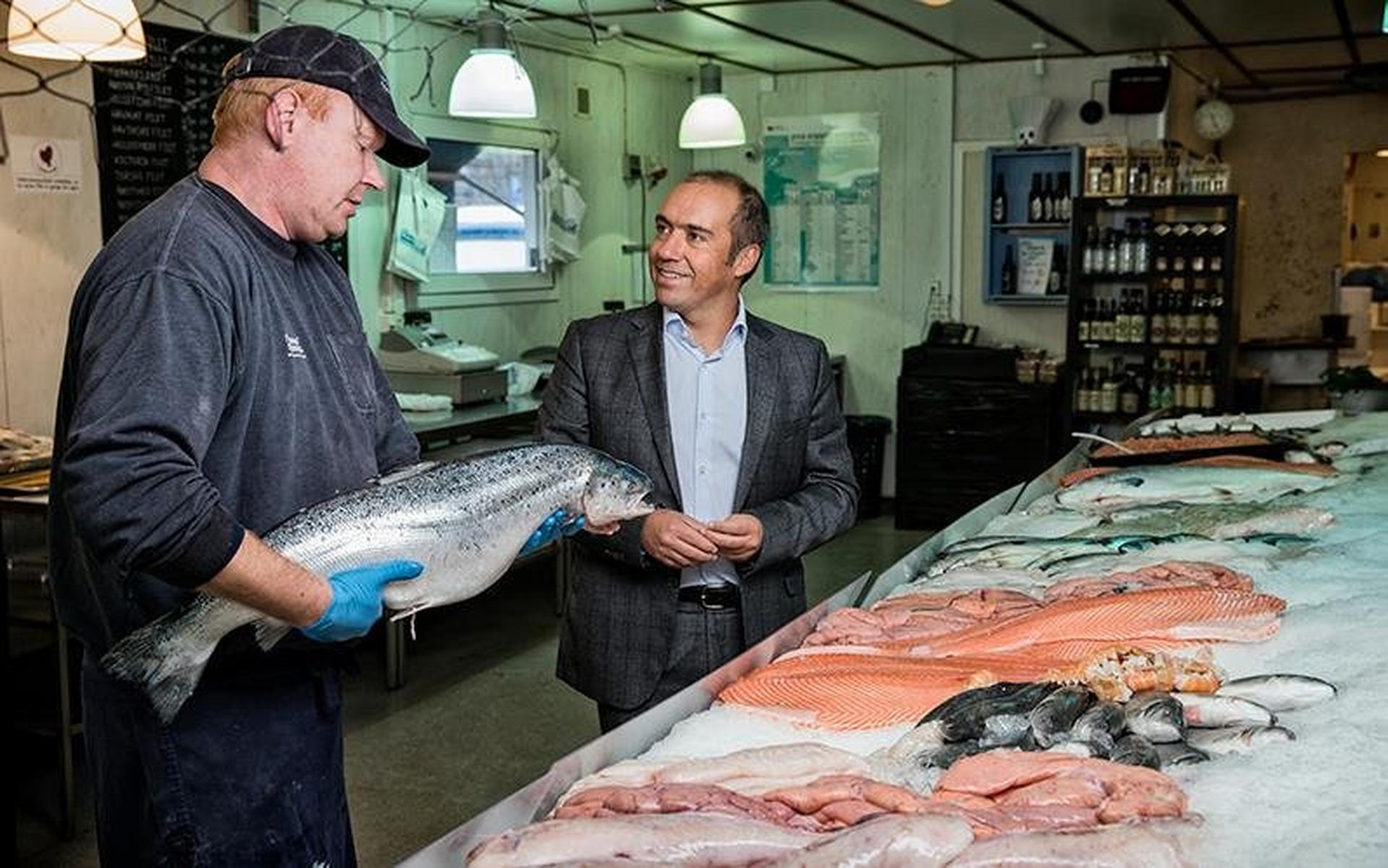Circular & restorative
One of the most significant advantages of poultry meal is its role in the circular economy. As a by-product of the meat industry, it helps reduce waste and allows for more efficient use of resources. By substituting primary ingredients that compete with food production — such as crops from arable land or whole fish marine ingredients — poultry meal provides a more sustainable alternative. This circular approach helps lower the demand for primary animal proteins and reduces the environmental pressures associated with traditional food production.
Low Carbon Footprint
Poultry meal is considered a low-carbon footprint raw material, contributing to improving the overall impact of aquaculture. The carbon intensity of poultry meal may vary slightly depending on factors such as the composition of the chicken feed and the efficiency of poultry production practices. However, in comparison to other protein sources, poultry meal is a relatively environmentally friendly option. Its circularity, which makes use of agricultural and food processing by-products, helps minimize the overall environmental impact of aquafeed.
Reducing Forage Fish Dependency Ratio (FFDR)
One of the major benefits of incorporating poultry meal into aquafeed is its ability to reduce the FFDR. By substituting for fish meal, poultry meal helps decrease the need for marine ingredients in fish feed, contributing to more sustainable feed formulations. This reduction in reliance on fish meal aligns with the broader goal of making aquaculture more sustainable and less dependent on primary marine proteins.










